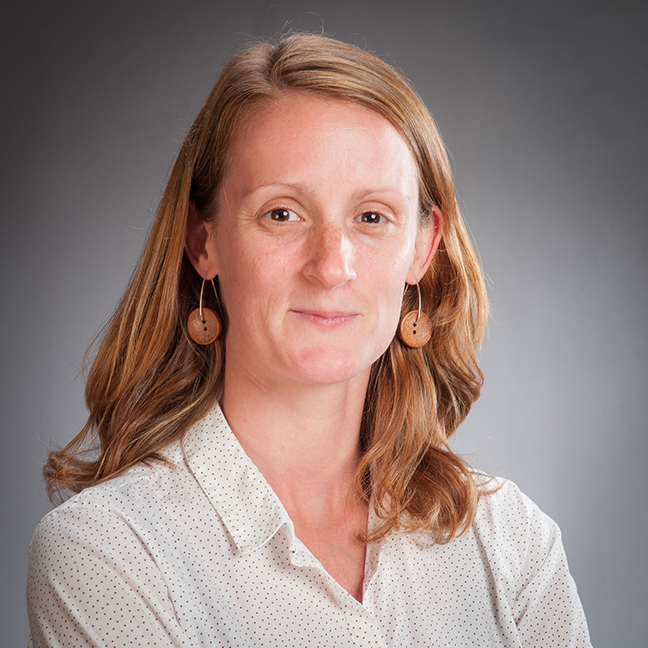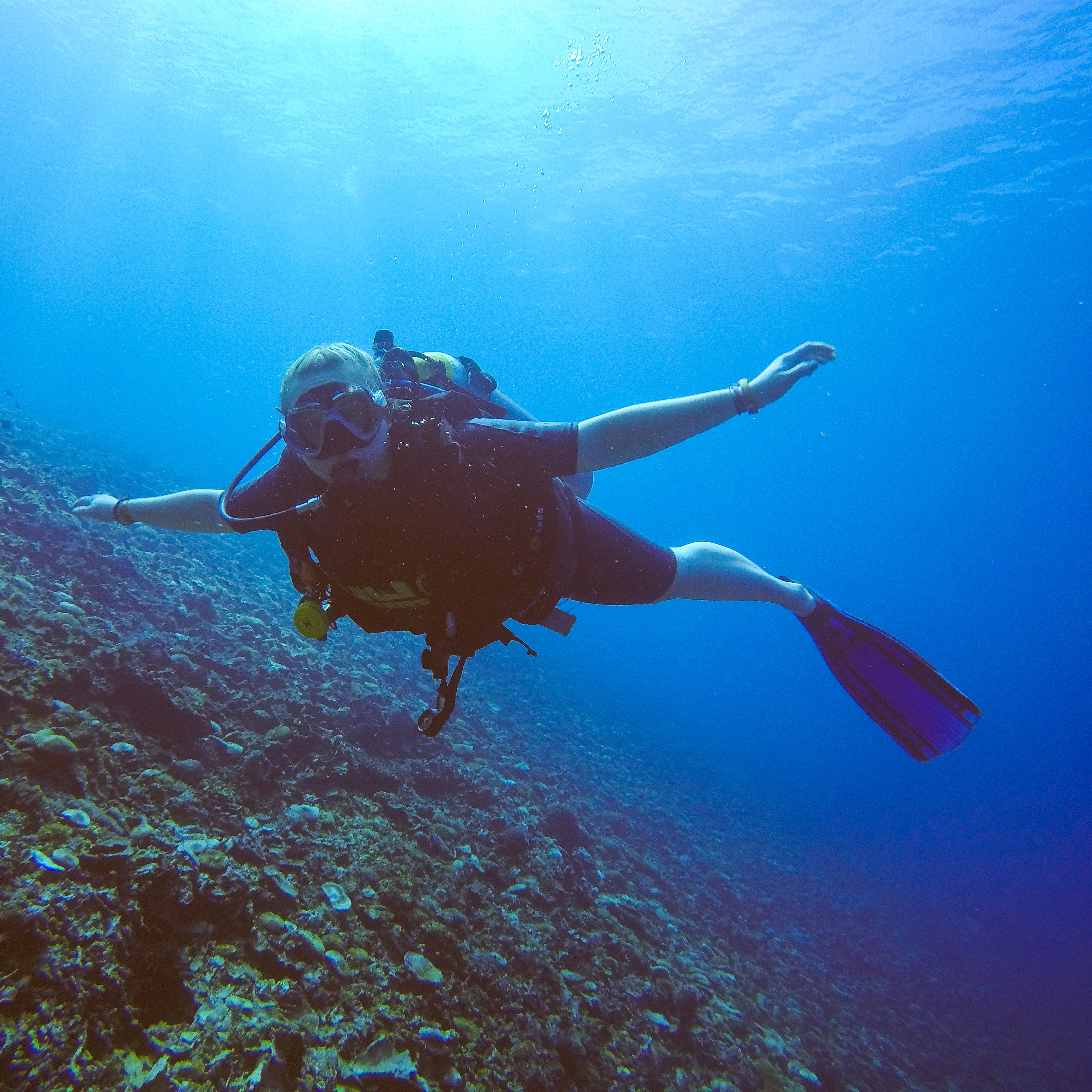
People
Group Leader
Director, Victoria University Coastal Ecology Laboratory
School of Biological Sciences
PhD Students

USA | Contact Chelsey
Coral reef predators and structural complexity: effects on productivity and behaviour
Chelsey grew up in the US. Before moving to New Zealand, she worked as a commercial fisheries observer for NOAA’s North Pacific Groundfish Observer Program in the Bering Sea and Gulf of Alaska. Chelsey completed Bachelor of Science degrees in Marine Science and Applied Mathematics at Coastal Carolina University in Conway, South Carolina. She started her PhD studies in Dec. 2018, supervised by Dr. Alice Rogers, Prof. Peter Mumby (University of Queensland) and Dr. Steven Newman (Banyan Tree Global Foundation, Maldives).
Chelsey’s research focuses on determining the effects of the loss of biogenic habitat structure on coral reef fish and fisheries. Her project will combine field work with statistical modelling to determine how structure affects reef predator fitness, productivity, and behaviour, and in turn, reef fisheries that rely on those predators. Chelsey’s research is supported by a Victoria Doctoral Scholarship.
Masters Students
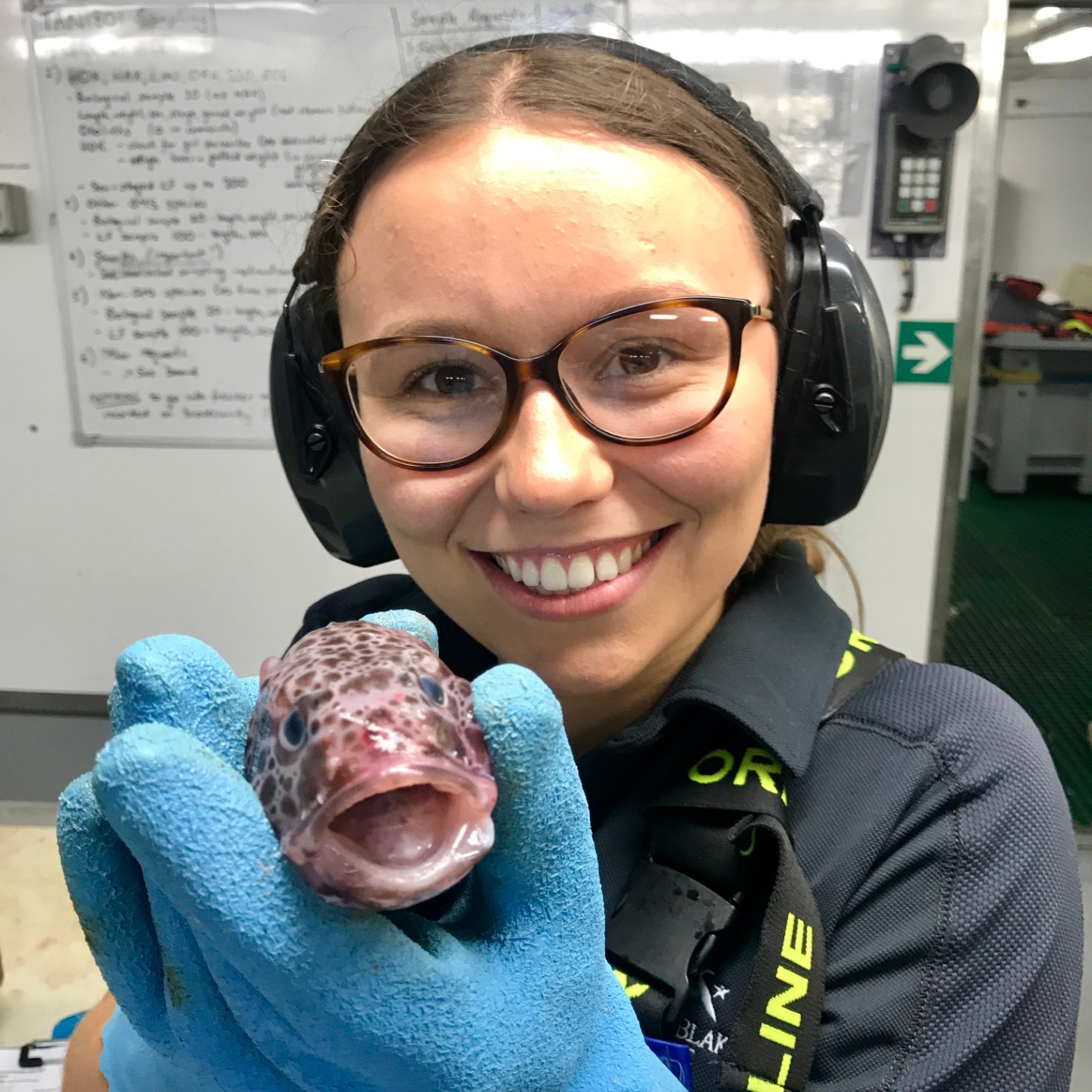
Victoria Carrington
New Zealand | Contact Victoria
Assessing the Status of a common bycatch species Baxter’s Dogfish, Etmopterus granulosus
Victoria completed her Bachelor of Science majoring in Marine Biology and Statistics at VUW. She is currently doing her Master of Science in Marine Biology at VUW, supervised by Dr. Alice Rogers, Dr. Matt Dunn (NIWA) and Dr. Nokuthaba Sibanda.
Victoria’s research focuses on impacts of fisheries on by-catch species population stability, specifically focusing on a species of deep-sea shark that is commonly caught as by-catch in NZ, Etmopterus granulosus. The project includes a mix of biology and statistical modelling to validate biological species information and determine if the New Zealand population of sharks is at risk of collapse. Victoria’s research is supported by the Graduate Women Wellington Masters by Thesis Scholarship, the Fisheries NZ/NIWA Masters Scholarship in Quantitative Fisheries Science, and the Victoria Graduate Award.
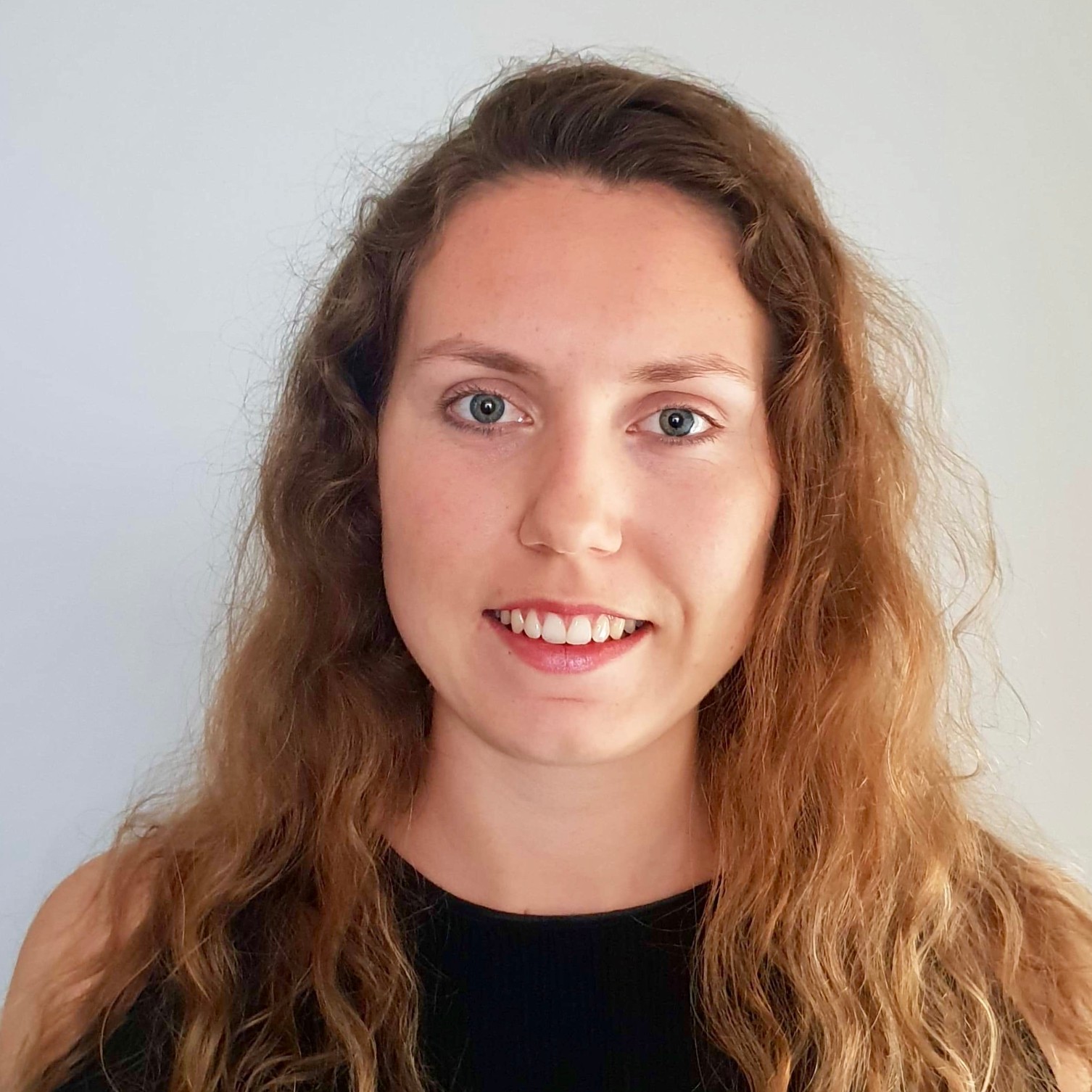
Baylee Wade
New Zealand | Contact Baylee
Baylee completed her Bachelor of Science in Marine Biology at VUW in 2017. She is currently pursuing her Master of Science in Marine Biology at VUW, supervised by Dr. Alice Rogers.
Baylee’s thesis research focuses on understanding the consequences of complex macroalgal habitat loss for predator-prey interactions within a temperate coastal fishery. Specifically, she is looking at blue cod (Parapercis colias), a commercially important fisheries species commonly found amongst macroalgal habitats on the rocky coasts of lower New Zealand. This project uses a range of ex-situ experiments and statistical modelling to understand how a decline in habitat complexity impacts the refuge seeking behaviour of prey and ultimately the productivity of P.colias.

Andy Chang
New Zealand | Contact Andy
Comparing juvenile blue cod (Parapercis colias) growth across seabed habitats in the Marlborough Sounds, New Zealand
Andy completed his Bachelor of Science in marine biology at VUW in 2018. He is currently doing his Master of Science in Marine Biology at VUW, supervised by Dr. Alice Rogers, Dr. Jeffrey Shima and Dr. Mark Morrison (NIWA).
Andy’s research project focuses on how seabed habitat quality affects the growth of juvenile demersal fishes, specifically focusing on blue cod (Parapercis colias) which is a popular caught species in the South Island of New Zealand. Structurally complex biogenic habitats are considered the best for juvenile blue cod growth; the degradation of these habitats may have a negative impact on the health of juveniles and the number of individuals that successfully grow into adults. The project will use a range of measures including otolith and diet analysis to compare juvenile growth across various types of seabed habitat.
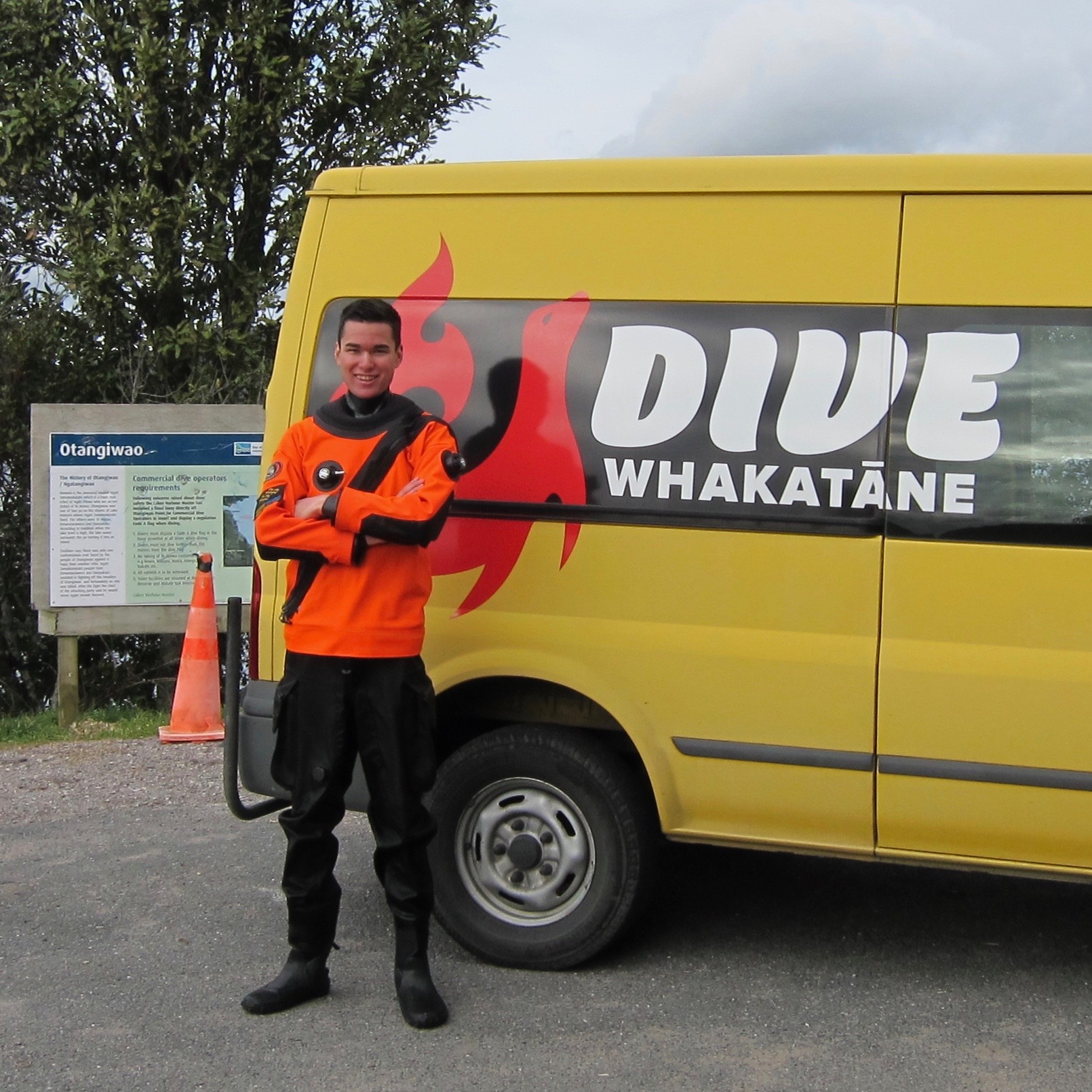
Christopher Fink
New Zealand | Contact Chris
Modelling the importance of structure-forming benthic habitat for the Chatham Rise ecosystem
Chris completed a Bachelor of Science in Biology at VUW in 2018 and is currently studying for a Master of Science in Marine Biology supervised by Alice Rogers and Matt Pinkerton at NIWA.
Chris aims to incorporate the role of the habitat complexity provided by structure-forming benthic organisms, like deep-sea corals and sponges, into a size-based ecosystem model for New Zealand’s most productive fishery, the Chatham Rise. If habitat complexity is found to be important for the Chatham Rise ecosystem, then the value of deep-sea Benthic Protection Areas would be supported. Chris’ research is supported by the Fisheries NZ/NIWA Master’s Scholarship in Quantitative Fisheries Science and the Victoria Graduate Award.

